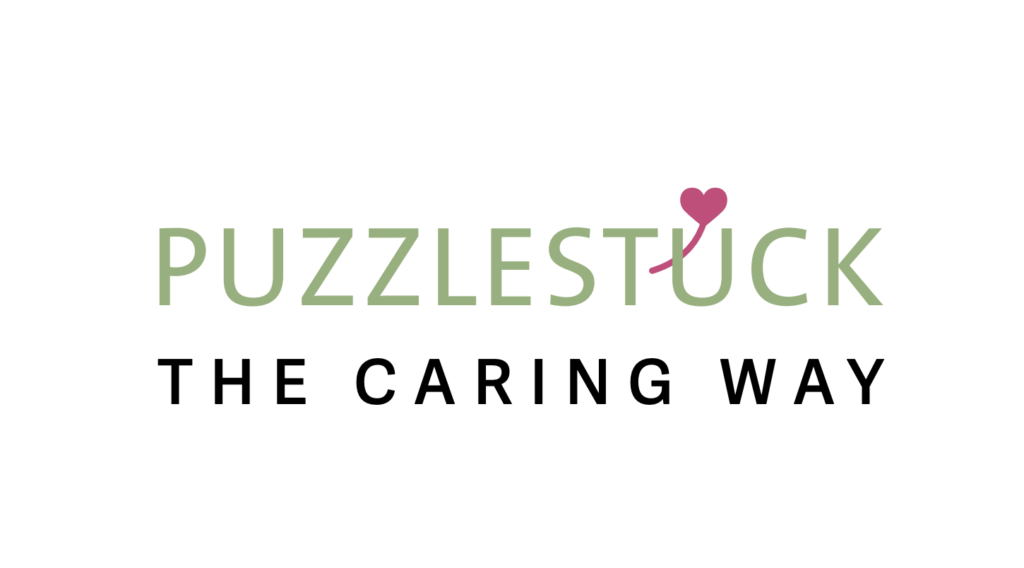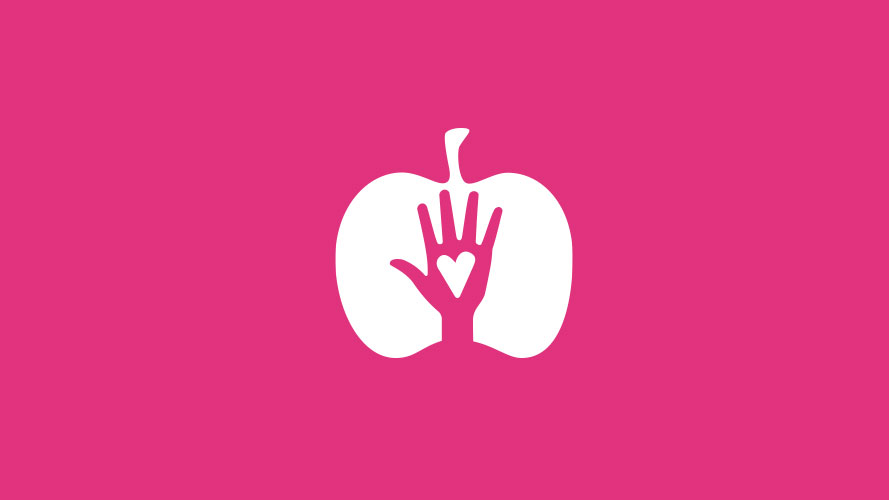Pandemic fatigue is not an illness, it’s an opportunity to grow

Even if you’ve never heard the phrase pandemic fatigue you likely know exactly what it means.
The World Health Organization (WHO) declared a worldwide pandemic on March 11, 2020, and, despite early assurances that it would be under control in a matter of weeks, 18 months later we continue to live in uncertain times. People young and old around the globe are simultaneously struggling to maintain balance while being bombarded with mixed messaging driven by fear and chaos.
Towards the end of 2020, the WHO issued a call urging people against pandemic fatigue, which it described as “a lack of motivation to follow recommended Covid-19 protection behaviors.” The World Council for Health (WCH) disagrees with this definition that places the assumption of deficiency on the individual rather than on the system itself.
Let’s address the WHO’s incorrect definition of pandemic fatigue and what we can do about it.
In reality, pandemic fatigue is much more than being tired of wearing a mask, being physically distant from family and friends, following strict sanitizing and hand-washing rituals, and other unprecedented and sometimes confusing public health guidelines. It’s perfectly natural to be tired of what’s going on.
Pandemic fatigue is not an illness. It’s the body’s way of recognizing that something is wrong and the resultant effects on our physical and mental health. Pandemic fatigue is a natural response to an unnatural situation affecting people around the world.
By understanding what pandemic fatigue is and understanding that you are not alone in experiencing it, you can gain the strength to grow and thrive.
What are the signs of pandemic fatigue?

Experiencing the symptoms of pandemic fatigue does not mean that you’re sick, failing, or at fault. Our bodies are responding to a rapidly changing environment and unnatural situations.
Pandemic fatigue (also termed Covid-19 fatigue) can be likened to a form of burnout, a state of emotional, physical, and mental exhaustion caused by excessive and prolonged stress.
Symptoms include anxiety, depressed mood, irritability, fear, apathy, fatigue, weight gain, weight loss, increase in alcohol consumption, sleeping too much or too little, restless sleep, anger, negative feelings, frustration, or a combination of these. In the context of all we’ve lost during the pandemic, we should add grief to the list. We must also acknowledge the recent and dramatic rise in suicides.
In addition to the mental and emotional consequences, physical effects may include digestive issues, hair loss, headaches, and raised blood pressure, among others.
The combination of these symptoms points to the need for increased awareness of pandemic fatigue and ways to counteract its effects to improve our mental and emotional health.
Who can get pandemic fatigue?
It doesn’t matter whether you’ve had Covid-19 or not, whether you’ve had the jab or not, or what your views are when it comes to Covid-19 vaccine mandates and passports. Pandemic fatigue is one thing that we all share, and it’s perfectly normal to experience it in these unprecedented circumstances!
Each one of us has been affected in some way by loss during the Covid-19 pandemic—loss of a family member or friend, loss of a friendship or relationship because of differing beliefs and opinions, loss of income, and, most significantly, loss of life the way we knew it. Day in and day out we are bombarded by pandemic statistics about sickness and death, and reminders that life may never be the same again.
In the midst of it all, we also have an unending flow of conflicting information coming from public health agencies, conflicting research on the effectiveness of public health measures aimed at reducing the spread of the virus, and even the quelling of legitimate expert opinions and political dissent through increasing censorship and dismissal of diverse trusted scientists, medical doctors, nurses, and health organizations.
Prolonged as the pandemic has been and with no end in sight, these factors taken together can have significant effects on our physical and mental health. No matter who you are or where you live, it becomes challenging to maintain a healthy mental and emotional balance.
It’s no wonder many people have had a difficult time. But it doesn’t have to be that way.
How to conquer pandemic fatigue

Acknowledgment is the first step to feeling better
Life as we knew it has been altered dramatically by the pandemic, leaving confusion and trauma in its wake. This is the reality of our lives and we have to adapt and grow to move forward. The first thing to do is acknowledge our current situation and know that looking back to the ‘pre-pandemic normal’ is not going to bring it back.
By processing your emotions and practicing self-care and keeping grounded in your awareness of the times we collectively find ourselves in, you will start to build your resilience against the negative impacts.
Steps to process your grief
While some people are actively grieving the loss of loved ones, others may not recognize they are grieving the different losses described previously. Here’s what experts advise in order to help you cope with loss:
- Acknowledge your pain, understand that your grieving process will be unique to you.
- Accept that grief can trigger different and unexpected emotions.
- Seek out face-to-face support from people who care about you.
- Support yourself emotionally by taking care of yourself physically.
By acknowledging and labeling negative emotions about the pandemic you will find it easier to process the trauma and start the journey of healing. Through this process, you can take control of your life.
Throughout our existence, human beings have experienced adversity in many forms under various circumstances. We have survived and grown through them. Allow the adversity we are experiencing now to empower you to develop through positive change and understand we are all connected.
We can shift our thinking and utilize this opportunity for positive change!
Check-in with yourself right now:
- Are you drinking enough water? Drinking water can prevent dehydration which can cause unclear thinking and result in mood change and general fatigue. Dehydration also negatively impacts memory—staying hydrated is essential if you’re suffering from post-Covid brain fog. Drinking a sufficient amount of water has also been shown to have a natural calming effect, making it an important step in managing anxiety and stress.
- Are you following a healthy diet? Improving your diet will give you increased energy, a stronger immune system, and a general feeling of wellbeing. A nutritious and balanced diet of lean proteins, carbs, and good fats can help you eliminate any extra weight you may be carrying. Reducing your sugar intake can improve your mood—swings in blood sugar add to mood instability. Apart from lifting your mood, a healthy diet will also set you up for a good outcome if you happen to contract Covid-19.
- Are you exercising? Daily exercise is another essential tool to keep in your pandemic fatigue toolbox. Exercise can combat depression, anxiety, insomnia, psychosocial stress, and general malaise – it also helps you sleep better! Any exercise that gets you moving and elevates your heart rate (especially in a natural environment), whether it’s jogging, swimming, or simply walking, is fantastic. Make sure to get some exercise every day.
- Are you taking time off to relax and de-stress? You can only control the controllables. You can’t control the pandemic, but you can control your response to it. Remember that what you focus on becomes your reality. Carve out time in your schedule for activities that are important to you.
Try these things to avoid pandemic fatigue
- Be aware. Start a diary and categorize your thoughts. Don’t ignore, but don’t indulge or dwell on negative thoughts. Instead, set aside time every day to worry. While it may sound strange, it’s a great way to start to exert control over your thoughts. At the scheduled time, briefly write down your worries. If you can think of a solution, take action to address that worry, otherwise, accept it and move on with your day.
- Try the 3-3-3 rule. During the pandemic, it’s easy to contemplate ‘what-if’ scenarios with an array of negative outcomes. When you’re feeling overwhelmed by worry, look around and name three things you see. Next, name three sounds you hear. Finally, move three parts of your body—your ankle, arm, and fingers. When your brain starts to race, this trick can help bring you back to the present moment.
- Reduce time spent listening to ‘news’ broadcasts and social media to avoid being bombarded by negative pandemic statistics and scare-mongering.
- Reduce time spent watching television programs and take note of how the programs make you feel when you do watch them. Avoid programs that are violent, leave you feeling anxious, or those that feel morally questionable to you.
- Record your negative thoughts and replace them with life-affirming statements.
- Hang out with positive friends who don’t drag every conversation into negative territory.
- Read books that inspire you and fuel your mind. Reading bedside stories will also help your children.
- Play! Board games like scrabble or chess foster higher-level strategic thinking and problem-solving. Ones that make you laugh are also extremely beneficial to your state of mind.
- Deep breathing, meditation, and yoga are wonderful stress relievers.
- Limit alcoholic drinks. If you enjoy an alcoholic beverage and become aware that you are using it more than usual, acknowledge that and either limit or consider avoiding it.
- Get enough sleep. Set regular bedtimes and try to avoid food or alcohol for at least two hours before bedtime to encourage good quality sleep.
- Sun therapy. Daily exposure to fresh air and sunlight not only uplifts the mood but is also a potent immune booster. Sit in direct sunlight for at least 15 minutes a day if you are feeling unwell. Sunlight has been proven to kill viruses, bacteria, and fungi and also produces serotonin, a key hormone that stabilizes mood, feelings of well-being, and happiness.
- Home remedies. If they work for you, use them with guidance to gain knowledge.
- Remember the people, activities, and things that bring you joy and increase the time spent enjoying and being grateful for these each day.
Reach out and hug someone!

If you feel the urge to hug someone, then don’t hesitate—just make sure they’re okay with hugs first. Hugging and closeness are part of who we are.
Social distancing, being forced into isolation, and mask-wearing are all dehumanizing acts that run completely counter to our basic human need for social interaction and touch. Asymptomatic spread of the virus has been shown to be extremely rare in numerous studies, so don’t let fear stop you from hugging someone if you want to.
Hugs are wonderful stress therapy because they produce neurochemicals like the hormone oxytocin, which slows down the heart rate and reduces stress and anxiety levels, as well as endorphins, the natural ‘happy’ hormones.
So hug and be happy!
Practice gratitude

Trust and gratitude are cornerstones of inner peace and happiness. Don’t forget the enormous benefits of these gifts which play a powerful role in bringing you to a feeling of calm.
For example, each time you’re eating a meal imagine the beautiful fields and farms from where your nutritious food came. Consider and feel thankful for the journey and the people that helped bring that delicious meal to your table.
There is no need to be religious to take up the practice of gratitude—realizing how lucky you are can make you feel so much better.
Most importantly, trust yourself. Use your intuition—you know what’s right for you.
Pandemic fatigue is not an illness, it’s an opportunity to change
Remind yourself and those around you that pandemic fatigue is not an illness; it is a perfectly natural response to a very unnatural situation. It’s your body’s way of recognizing that something is wrong. Armed with an understanding of what pandemic fatigue is, knowing that you are not alone in experiencing it, and by following the advice above you will gain the strength you need to thrive through these uncertain times.






